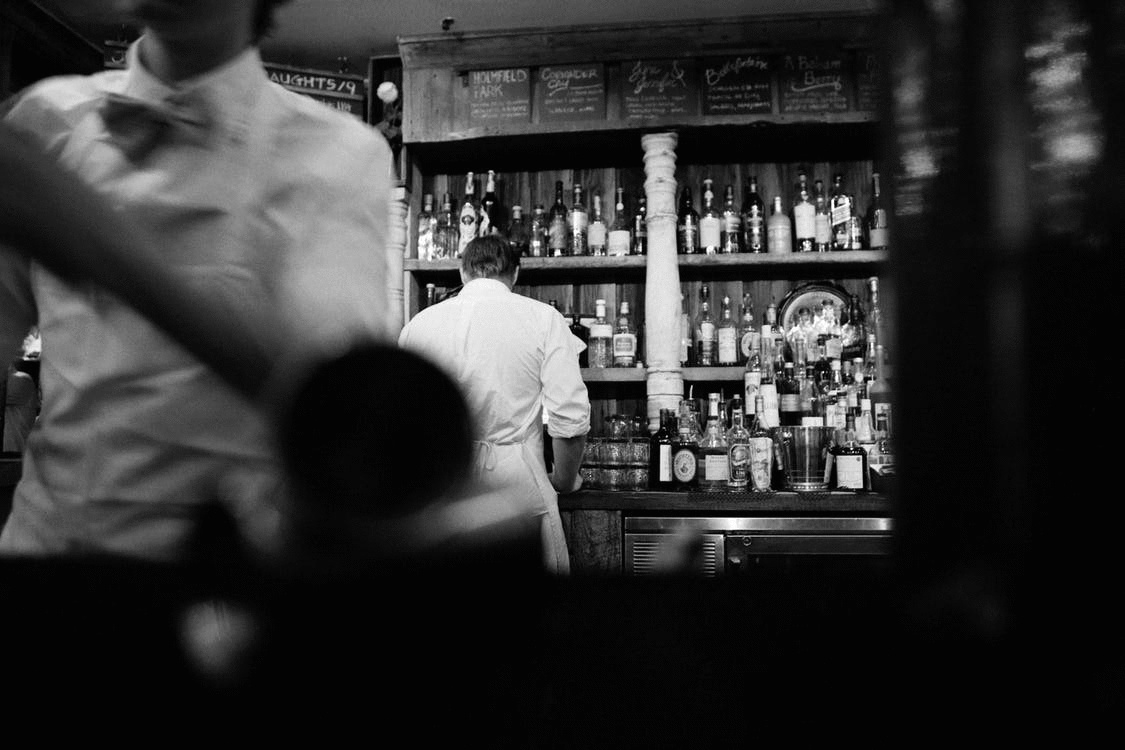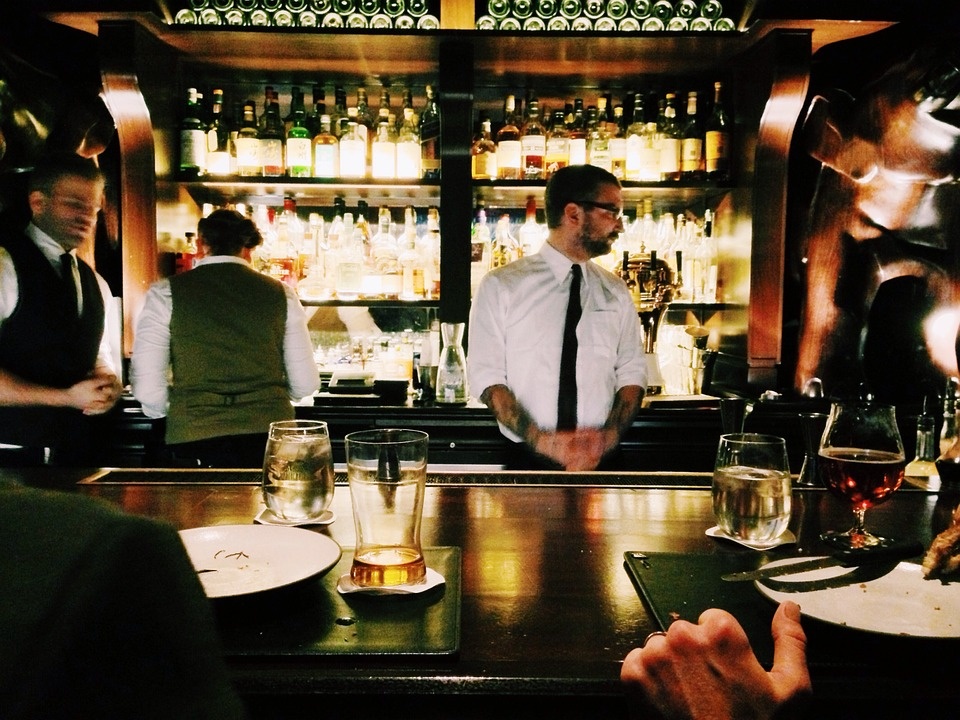Why restaurants are moving away from tipping

Feb 04 | 2018

pixabay.com
To tip or not to tip? That is the question these days… not on the minds of patrons, but from restaurant owners themselves. Would eliminating the common, longtime practice of tipping waitstaff benefit employees as well as diners?
As per H Careers, “Some activists and commentators criticize the practice of tipping at restaurants, often alleging that tipped workers like servers and bartenders are underpaid. According to supporters of the so-called ‘no-tipping movement’, restaurants should eliminate tipping and instead institute a service charge or raise prices in efforts to pay their workers higher wages. The discrepancy in pay between servers and back of house employees is a reason some restaurateurs want to end tipping (as well).”
This seems like a reasonable notion, as some people are poor or inadequate tippers despite satisfactory service. And restaurant employees like waitstaff, bartenders, runners, and bussers rely heavily on tips as part of their take-home pay.
 pexels.com
pexels.com
“Employees in other occupations know their pay rate before starting work. Waiters, waitresses and bartenders, on the other hand, often have no idea how much they will earn from a day’s labor,” as per The Conversation. “Shifting to a model where labor costs are built into food and drink prices has many benefits. It shifts risk away from workers by eliminating uncertainty and by providing more stability in a server’s pay.”
Danny Meyer of the Union Square Hospitality Group is one of the more well-known restauranteurs aboard the no-tip train. As of Nov. 2015, Union Square Hospitality Group, “roll(ed) out an across-the-board elimination of tips at every one of its thirteen full-service venues, hand in hand with an across-the-board increase in (menu) prices,” as per Eater New York.
Meyer stated, “The American system of tipping is awkward for all parties involved: restaurant patrons are expected to have the expertise to motivate and properly remunerate service professionals; servers are expected to please up to 1,000 different employers (for most of us, one boss is enough!); and restaurateurs surrender their use of compensation as an appropriate tool to reward merit and promote excellence.”
Some other popular restaurants which don’t take tips, as per CNN, include Manhattan’s Dirt Candy, Chicago’s Alinea, and San Francisco’s Bar Agricole.
Thrillist notes two main reasons to get rid of tipping. “The first is moral. Studies have shown diners judge servers (and therefore adjust their tips) based on looks and race, and servers judge diners (and therefore adjust their effort) on age, race, and ethnicity. The server is incentivized to drive up the check and manipulate the diner. And the diner can use the tip as a weird form of punishment/reward. The second argument is wage discrepancy.”
 unsplash.com
unsplash.com
Do diners prefer tipping or is this no-tipping method on its way to becoming the new norm? Cake from Sysco suggests some pros of a no-tip policy. “Guests may be excited to try a brand-new way of dining. Raising ticket prices allows restaurant operators to raise wages for all employees, including servers, barbacks, and kitchen staff. Higher wages increase employee loyalty and morale.” That said, there are the cons. “Some critics are concerned that without tips, staff will be less motivated to provide great service.” Plus, the adjustment will take time to get used to.
If a restaurant-wide end to tipping ever comes about, it is sure to be gradual, but as more and more restaurants adopt the payment model, the more customers will get accustomed to it. Would you like to see an end to tipping and an increase in menu prices to make up for the change?
‘Till then, tip your server fairly and if they’ve gone above and beyond, generously.
 pixabay.com
pixabay.com










